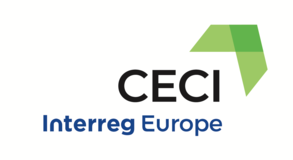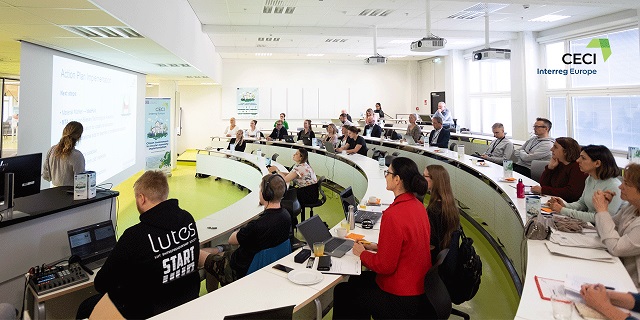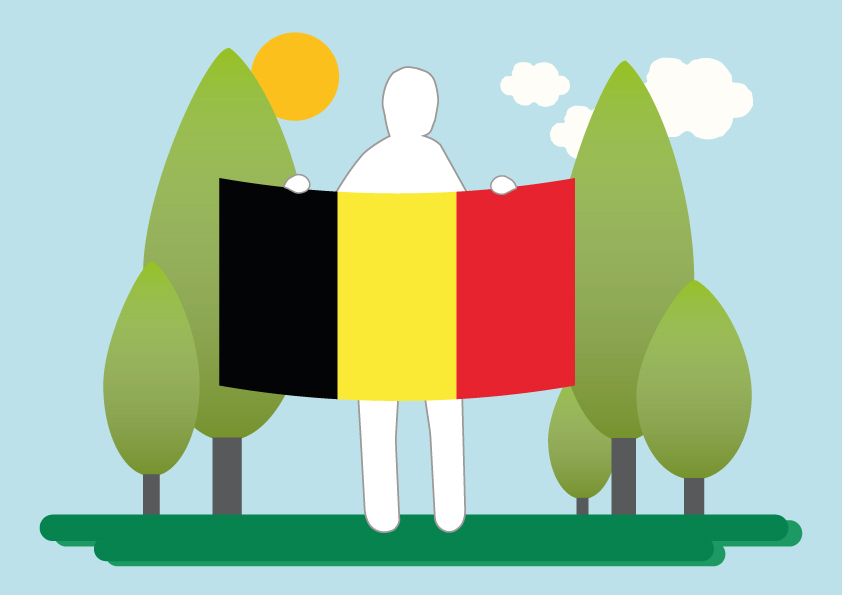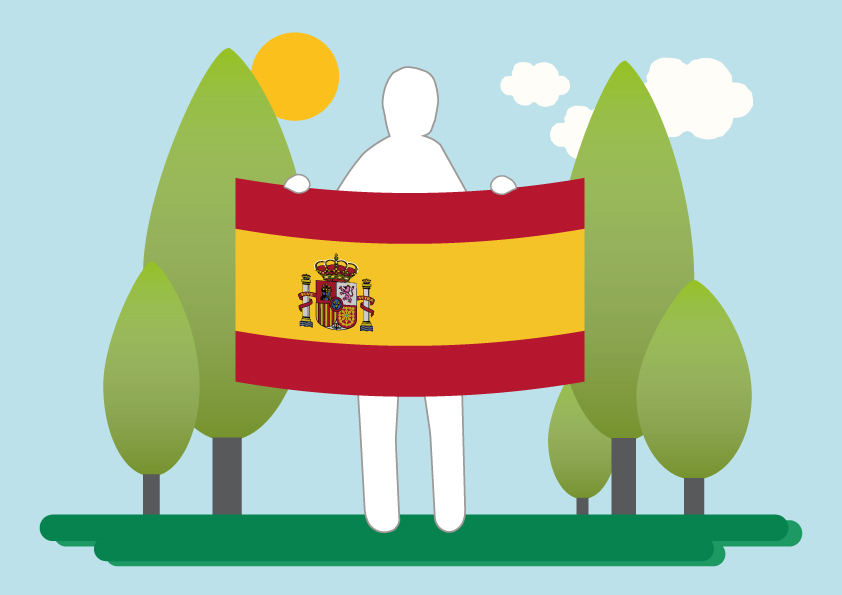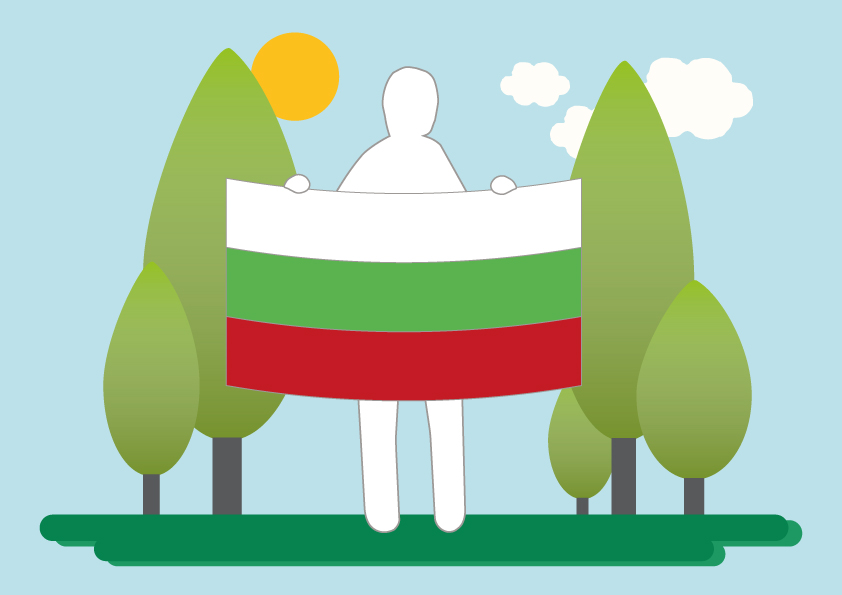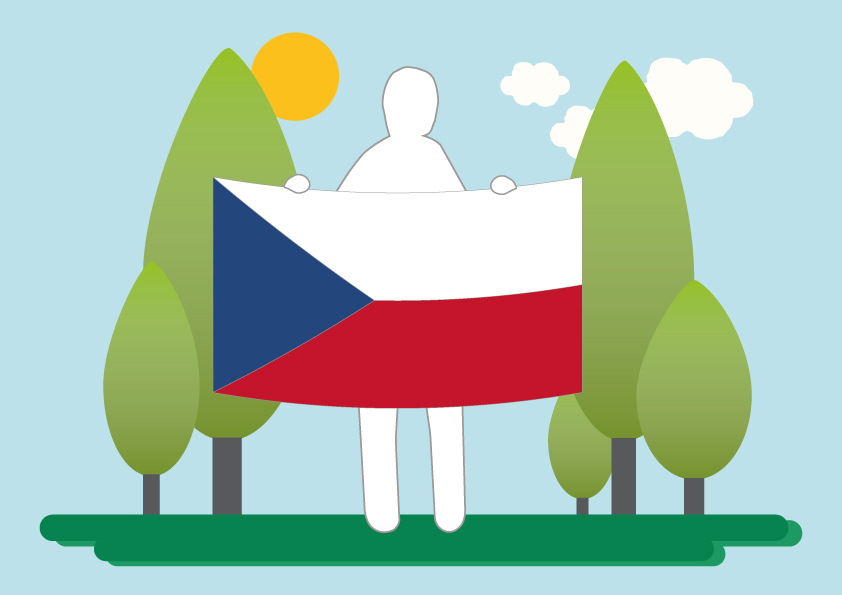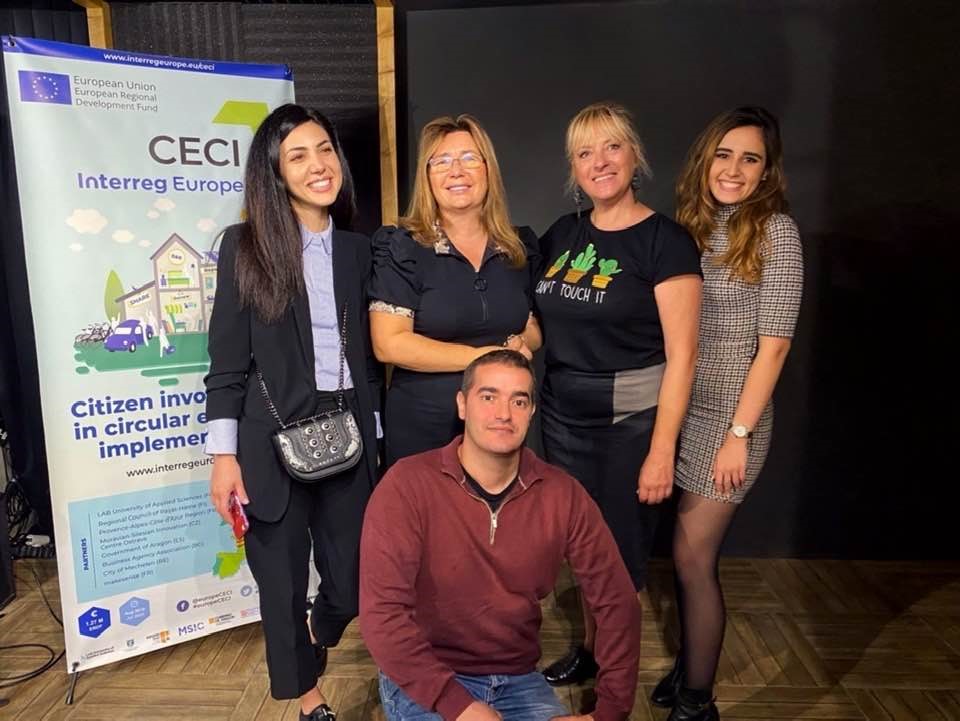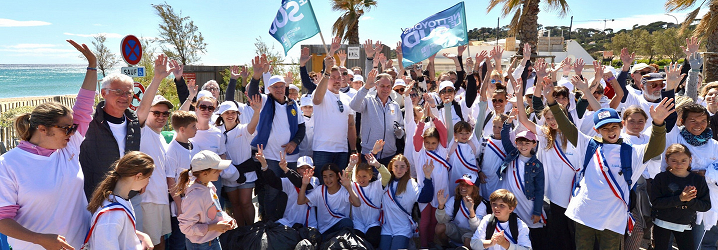How to make an impact with circular fashion?
In its aim of becoming a circular city by 2050, Mechelen explores the different paths towards circularity, amongst others in the sector of fashion and textiles. More and more players in this sector are uniting to tackle bad working conditions and the enormous impact of fashion on the waste pile and the environment. The city of Mechelen invited three female entrepreneurs to talk about their contribution to durable change in the fashion industry in Flanders. Jan Merckx, the co-founder of Mechelen’s circular innovation lab (CiLAB), moderated this webinar, which was part of the CECI event M-Fair.
A screenshot from the webinar, where one of the speakers (Soraya) shares a picture of the people from the social employment centre she works with.
“We feel like circular pioneers in a linear reality”, explains Sibille Diederichs. With her women’s nightwear brand Joseffa and as the co-founder of CiLAB, she goes against the current of the take-make-dispose model, which still dominates the fashion industry. This connects her to Veerle Spaepen and Soraya Wancour, the other speakers of the evening. Veerle is working on new business models in fashion, as the founder of Edo collective and researcher at Thomas More University of applied sciences in Mechelen. And Soraya makes 100% local and social designer clothes with her brand Studio Ama. Three inspiring women with a link to Mechelen, clear objectives and the dream of a more circular fashion.
New business models in fashion
“When I started a research studio in 2015, there was a lot of talk about sustainable and circular business models, but not much really happened yet”, explains Veerle Spaepen. So she set up a clothing library in 2016, where people could rent clothes instead of owning them. The clothing library was also a way to support starting circular designers but didn’t accord entirely to the objectives of both Veerle and the designers.
“For the designers, it was good marketing, but if in the end, their clothes didn’t get sold or if they got damaged, the value of the clothes decreased”, she says. To be able to better support circular designers, Veerle started Edo collective. With this collective, she found a building in Antwerp. “The plan was to stay for a year, but we ‘ve been there for a year and a half now and will probably extend”, says Veerle.
From posh shirt to comfy pyjamas
Sibille is one of the designers who are part of edo collective. She is transforming men’s shirts into casual nightwear for women: “I choose shirts because they wear out first at the collar and then get thrown away. While most of the shirt is still in good condition. Men's shirts are often made of good quality fabric, which is finely woven and soft on the skin. Perfect for nightwear.”
95% of the raw materials that Sibille uses are circular. In the 3 years that her brand Joseffa is on the market, she processed about 3,000 shirts, which equals 700 kg textile that didn’t go to waste. If she would have produced the same amount with new cotton, 8 million litres of water would have been needed, not to mention the chemical pollution and CO2 that has been avoided by working in a circular way.
Re-use and re-value
Only 1% of textile is being recycled nowadays. Most fabrics end their lives in the incinerator or are being exported to other continents, such as Africa and Asia. Soraya Wancour founded Studio Ama to save these “useless” fabrics and turn them into fashionable designer clothes. “As a student, I was sponsored by a textile producer, who gave me rolls of fabric which were of no use to them anymore but always still had some tissue on them, so I was very happy.”
“After my fashion studies, I saw that clothing isn’t being valued anymore. Not like it was in the time of my grandfather, a fashion designer too. The fashion industry is very complex and difficult to oversee. With Studio Ama, I re-use fabrics and give all the information about the clothes I make”, says Soraya. Since she works with a local social employment centre, there’s no doubt on who makes her clothes. To find the fabrics, she works together with Mechelen’s second-hand shop Ecoso. “I really believe that people can make better, informed decisions when they know the background of a piece of clothing”, she adds. “Transparency is very important.”
